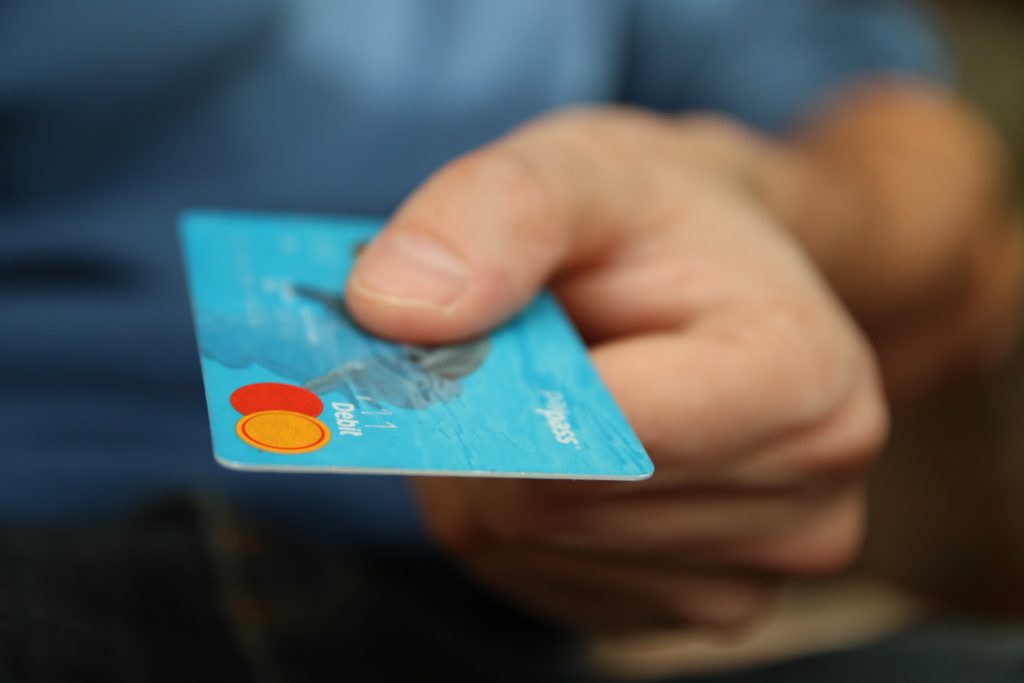A loan is the best way to purchase something that you need urgently but don’t have the money for. Nonetheless, individuals who want to get any amount from any banking institution must be able to follow specific regulations. They are vital because the lenders are sure that they will have the amount when they need it.

You should not take a loan every time. Always think about the urgency before you get into paying something that may cost you so much. One of the things that delayed payment could affect include your credit score, which will determine a lot including how much money you will get and the interest rates that the credit institution will provide.
When you think of this, I believe you will start to think of ways that you can improve your credit score. Read this article as it offers things to work on, to help you achieve a good score and remain trustworthy to lenders.
1. Work on your payment history
Before you start thinking of how you will go to a lending institution, this is the first thing you need to improve. Most lenders check your account, which includes how well you paid your previous loans. They will check if you did it on time, late, or if you missed paying the mortgage.
Note that the bureaus in charge of checking the credit score will have a look at your previous loans that include mortgage loans, credit cards, and other retail accounts.
Experts say that your payment history contributes about 35% of your score, which means that negative influences such as lawsuits, bankruptcy, and attachment of wages could have a significant effect on how much you score here.
2. Check your credit report regularly
Everyone who has a past with their credit history may avert their attention from knowing what their score is. However, it is crucial that you check it occasionally. People fear that they will lower their score if they find out their progress.
Well, that is not true. One advantage for doing this is that it protects you from fraud. Identity theft, which is a common crime among many, comes in the form of having social security and accounts that are not yours.
Take some time, even if it is monthly, and do it since it is free. It is also a way to ensure that you manage your finances well. You will also have an opportunity to detect any inaccurate information on your credit card.
3. Open a credit account only when you need it
For most people, staying with one credit card is safe. It ensures that you pay your bills on time and keeps you away from unnecessary debts. Analysts say that this is a trend with most Americans today. On the other hand, think of getting a new credit card and add to your old one.
One reason for this is that you will increase your credit score. Individuals with more cards usually score high on the credit chart. Therefore, they can access loans quickly.
During application, consider rewards that the cards offer. A lot of research is critical before you settle on a specific one. Some credit cards come with benefits, good ones by the way, which gives you more reason to take time when choosing.
4. Keep old accounts running?
You will be surprised to discover that both your new and old credit accounts are vital. People think that it is wise to close down an old account that you are not using. Well, throw that thought away and take that your old credit account still matters.
The credit calculator still checks your old report and balances from this account to calculate the entire percentage, which means that keeping it alive is best for this purpose.
Remember that the card has a balance that your new one lacks. For this reason, financial experts advocate that you own more than one card. If you keep the old credit, you can still enjoy some of the benefits and rewards including low interest rates.
Conclusion
Most people use credit cards without thinking about tomorrow. Such individuals will purchase things impulsively, which leaves them stranded without money at the end of the month. Therefore, they end up using more money in the credit card than usual.
Bearing all this in mind, an excellent financial manager will begin by building self-discipline. You will only use credit cards when it is necessary and avert from it when it is not.
To help you improve your credit score, ensure that all your credit cards are clean; as in, no outstanding debt. Carry cash wherever you go and avoid using the credit card at all times. By the way, you could also learn a lot from personal finance like Crediful, especially when you want to be financially independent.